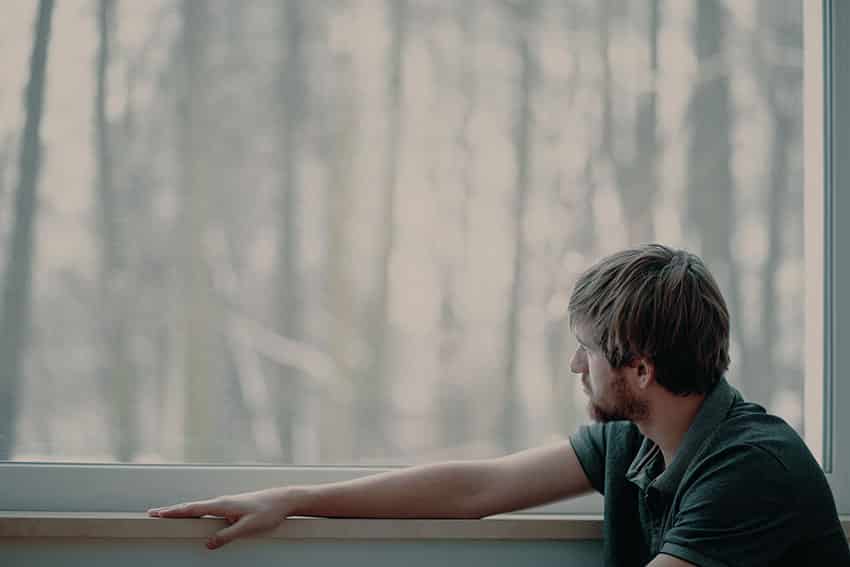
Much of the Plenary Council discussions seem to be around ‘what people need’, ‘what best connects with Australians today’ or ‘what can people do’. In other words: what are human beings? Or more accurately, what is the Holy Spirit saying to us about who human beings are and what they need in Australia? As Jesus does himself, let’s turn to the Word of God for an answer, where the human story starts in Genesis 1.
We learn that firstly, humans are creatures. That we are not our own thing, we did not invent ourselves, we have been formed by someone else, upon whom my every moment, one after another, is utterly dependent to exist, and to exist as only I exist, as well as for anything else good in life. Clearly then, being one with his intentions for us is the key to our growth in freedom, fulfilment and happiness.
Our existence as creatures also tells us that like all other creatures, our ‘creatureliness’ glorifies God. In us God is revealed as utterly good and generous. In other words, the sense of being a creature is to praise God. Even before we receive the mission to dominate the earth, we receive a mission to glorify God in everything we do: humanity is made to praise God.
Hang on a sec: that sounds like God is a self-centred ego-centric who creates us just so he can have a pool of one-track-minded minions in whose praise he can constantly bask. Not so. For starters: God made you free. You don’t have to praise him – you don’t have to do anything: but of course, natural consequences flow from that. Also: God does not need you. He created us out of sheer love to share in his goodness.
Since God wants us to exist, we are desired. Thirdly then, the very fact that we exist tells that we are each loved by him, and wanted by him, for a purpose.
Fourthly, as the text makes crystal clear, we have received a mission to be fruitful and dominate the earth. This doesn’t mean we can use creation as we want. Human domination is according to the Lord’s (Dominus): it, and all human acts, are each properly exercised as an expression of thanks and praise to God for his goodness, as a rendering of all things back to God, just as the co-eternal Son forever offers all he has received from the Father back to the Father. Made by Total Love, we love totally back.
Genesis also reveals to us that, each being a unity of body and soul, united and gifted to us by God, humanity is created in the unity of the difference of man and woman. We really are in the image of God, only fully realised in the unity (like God) of our persons (like God) of equal dignity (like God) who are different from each other (like God) and yet whose difference makes unity and fruitfulness possible (like God).
Finally, that humanity is hierarchical. I’ve heard it said that the solution to our problems is to get the hierarchical element out of the Church. Leaving aside the fact that the Word of God reveals a hierarchical structure from the first moment of conception of the Church, there’s at least four problems with this idea.
Firstly generally any lay Catholic agency or NGO is profoundly hierarchical: that’s not wrong, its good and helpful for them – and so all the more for the Church.
Second: there is generally no working human organisation which is not hierarchical to some degree.
Thirdly, that there is no human being who is not, of their very nature, hierarchical: physical, mental and spiritual health is conditioned on everything working properly in its proper place.
And finally, the simple fact is that the cosmos is itself hierarchical, as science, and our Genesis text, and Saint Paul, and the Psalms, and the Apocalypse, and all of Scripture reminds us. Even God is hierarchical: while all the persons are co-equal, they are not the same, and they have different relationships with each other, with the Father uniquely serving as the eternal ‘source’ of the Trinity. Hierarchy, properly understood, first of all evokes a ‘holy order’ which only affirms the equal human dignity of different human beings – the dignity in that difference. Clearly then, it’s not the removal, but the sanctification of the Church’s hierarchy, which is the serious question here – through the total gift of their lives for God and neighbour.
Fr Josh Miechels is a Sydney priest of the Emmanuel Community currently studying in France
Related
